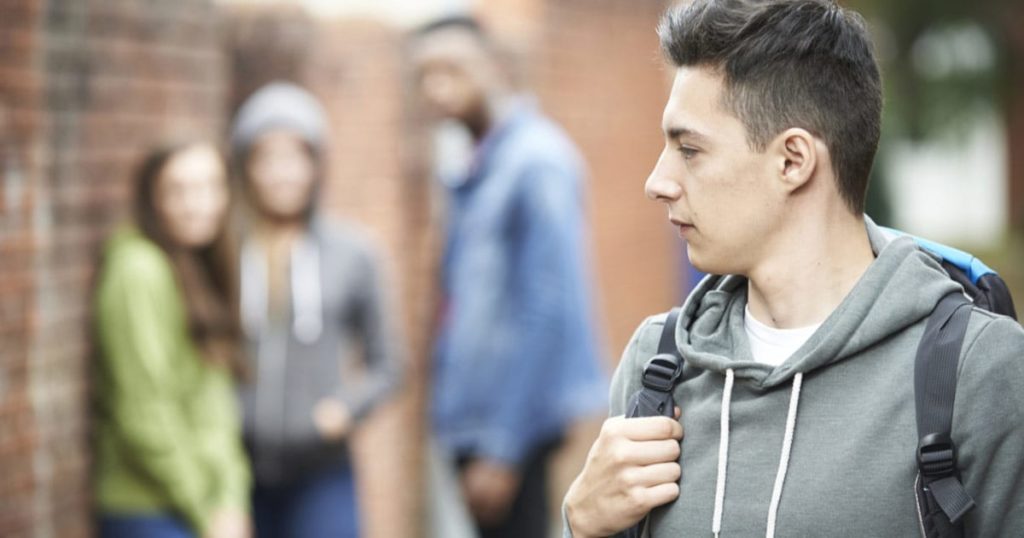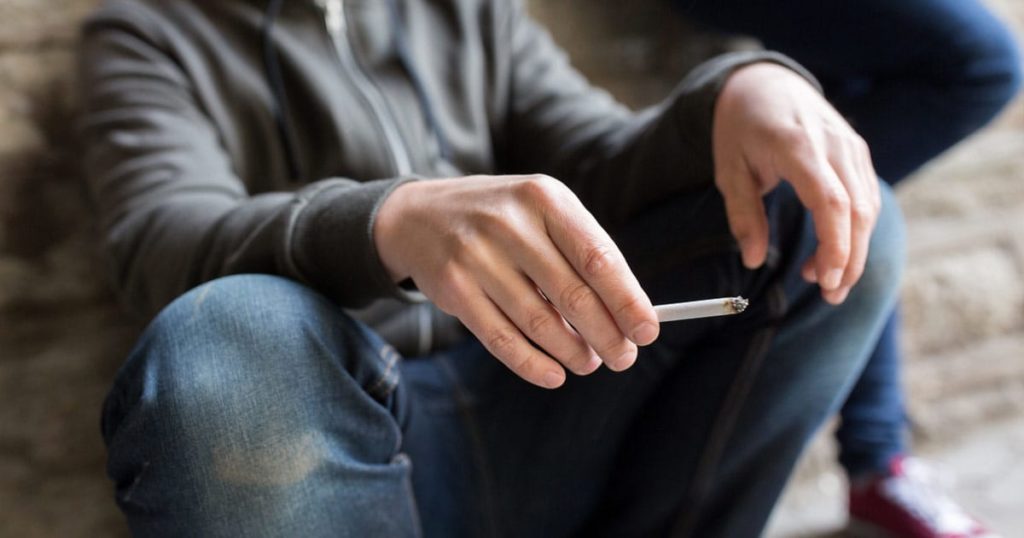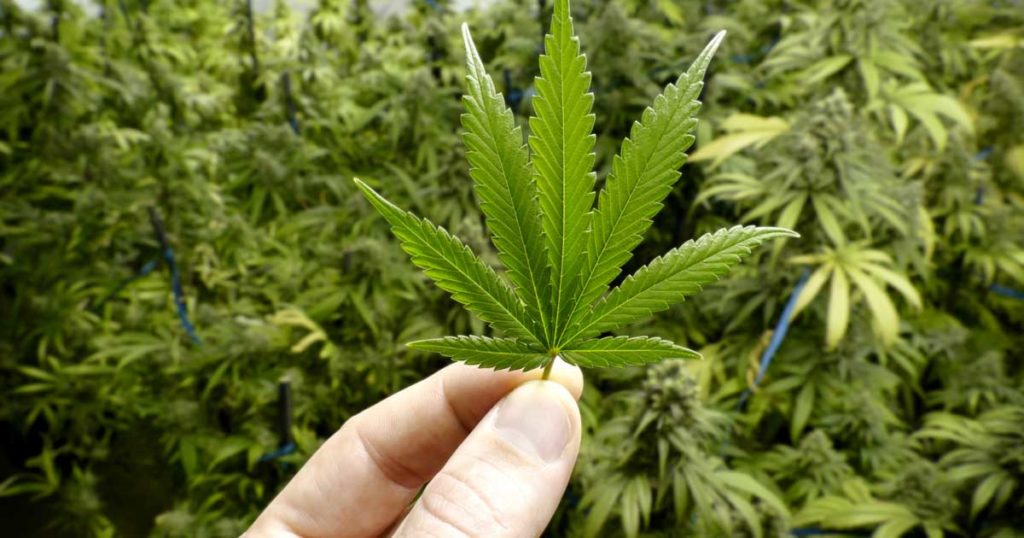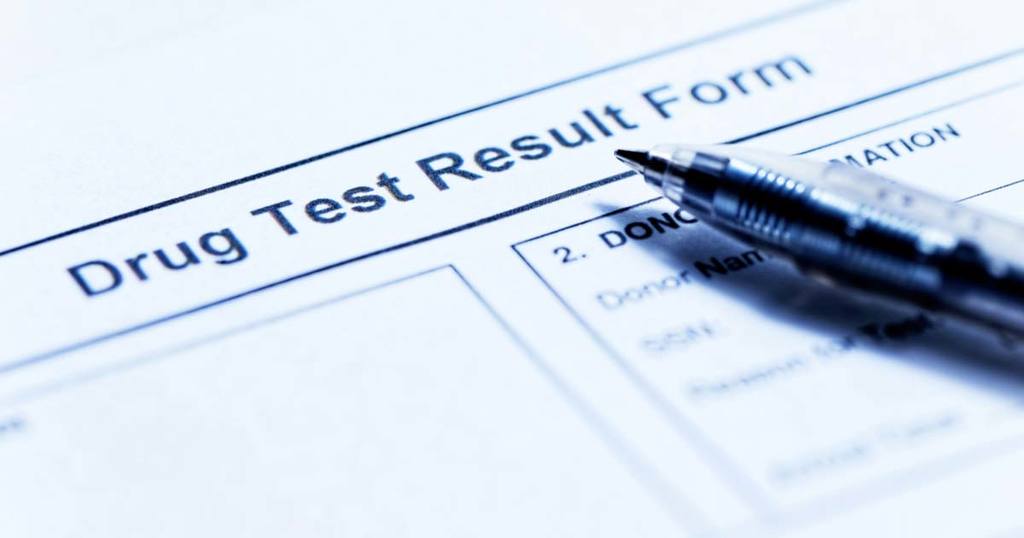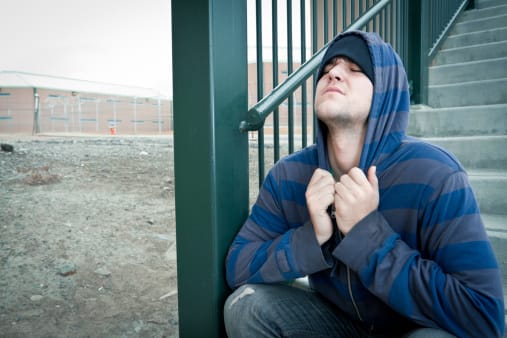There are two types of prescription drug addiction common among teenagers: prescription painkillers and prescription “study drugs.” The first prescription drug addiction is the one most people associate with the phrase: powerful painkillers like oxycodone or morphine, taken by teens just for the sake of getting high. But the other prescription drug addiction is less well-known among the general public. High school and college students, on the brink of a nervous breakdown due to pressure to get good grades and make it to the top of the class, often abuse prescriptions like Adderall to help them focus and stay up late. No parent ever fusses about studying too much, right? But staying up late into the night to finish papers or expressing an overblown feeling of anxiety around grades and college admissions may be warning signs that your teen is indeed abusing prescription drugs.
Teenage Prescription Drug Addiction Linked to Other Substance Abuses
On the other hand, when teenagers abuse prescription painkillers, they are usually doing it recreationally. Such drug use is linked to the abuse of other substances, including alcohol, tobacco and marijuana. If you know your teen has used illegal substances in the past, it is possible that he or she will continue to chase highs by experimenting with other drugs.
Where Do Teens Get These Prescriptions?
Teens might get the medications that fuel their prescription drug addiction straight from the medicine cabinets of friends or family members. Some might steal the prescriptions, but others may be given the drugs for free or actually buy them from the person who has the legitimate prescription. Teens might have their own prescriptions, which they now abuse due to an increased tolerance for the drug. If the regular dose of painkillers doesn’t work like it used to, the natural tendency is to take a higher dosage or to take the regular dosage more often. This can be very dangerous, as overdoses can be fatal. The point is that teens might not have to look very far to get the prescription drugs, and they might be using them for surprising reasons. If you are concerned about changes in your teen’s behavior, have a frank discussion about prescription drug addiction. Let your child know that you are concerned about his or her health. If you need other tips for reaching out to a teenager who may have a prescription drug addiction, contact us for a confidential consultation. Resources: https://www.drugfree.org/news-service/teens-abusing-prescription-drugs-may-just-want-get-high-research-suggests/ https://www.drugabuse.gov/publications/research-reports/prescription-drugs/trends-in-prescription-drug-abuse/adolescents-young-adults

